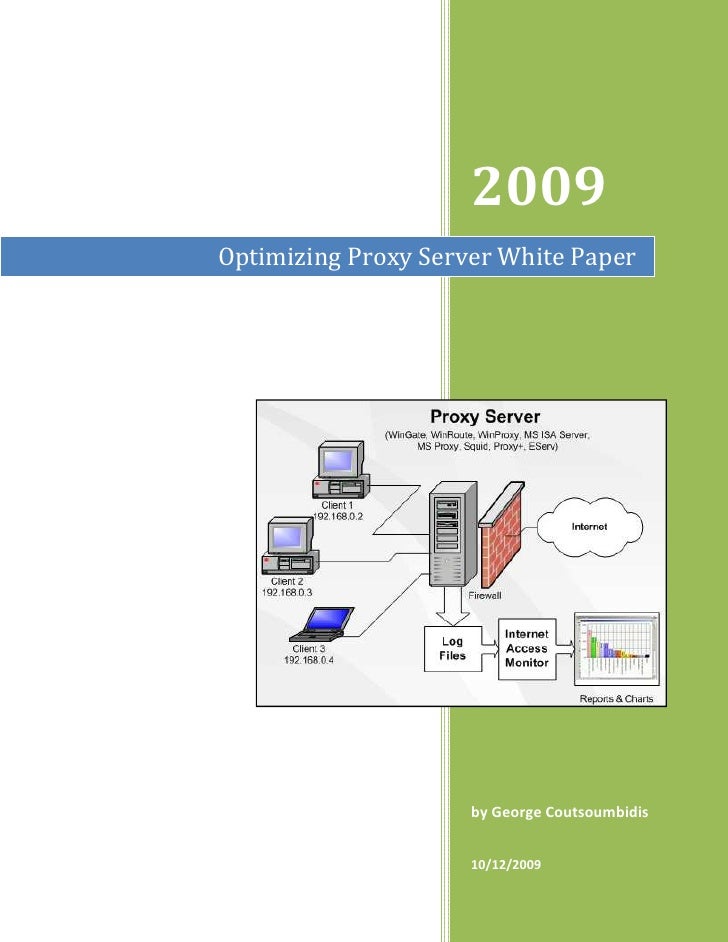Securing Network Traffic With MikroTik VPN Best Practices And Tips
In this day and age, online privacy should be of utmost importance to everyone. With the increasing number of cyber attacks and incidents of data breaches, it is high time we take back control and protect our personal information online. Fortunately, there are various measures we can take to safeguard our privacy, one of which is using a virtual private network (VPN).

What is a VPN?
A VPN is a technology that allows you to establish a secure connection to the internet through a private network. Essentially, it creates an encrypted tunnel between your device and the internet, thereby protecting your browsing activity, personal data, and online privacy from prying eyes such as cybercriminals, governments, and internet service providers.
Why Use a VPN?
Using a VPN has numerous benefits, some of which include:
- Enhanced Privacy: With a VPN, your internet service provider (ISP) and government cannot see what you are doing online or track your activities.
- Access Restricted Content: VPNs allow you to bypass geographical restrictions and access content that is not available in your region.
- Bypass Censorship: If you are living/visiting a country that has strict internet censorship laws, VPNs can help you bypass these restrictions and access the content you need.
- Secure Internet Connection: With a VPN, you can surf the internet on public Wi-Fi hotspots without worrying about hackers gaining access to your personal information.
How Does a VPN Work?
A VPN works by encrypting your data and activities before they leave your device, and then decrypting them once they reach their destination. The encryption process ensures that no one can access your information as it travels over the internet, while the decryption process ensures that you can access the content you need once it reaches you.
When you connect to a VPN server, your data is routed through that server before it is sent to its final destination. This process ensures that your IP address is hidden, and your online identity remains anonymous. Moreover, VPNs use advanced security protocols such as OpenVPN, IKEv2, L2TP/IPsec, and PPTP to ensure that data is protected from various risks such as hacking, surveillance, and phishing attacks.
How to Choose the Right VPN
Now that you know why using a VPN is essential let's explore how you can choose the right VPN service for you. Keep the following factors in mind when selecting a VPN:
- Privacy: The VPN should have a no-logs policy, which means they do not log any of your online activity.
- Servers: The more servers a VPN has, the better. Look for a VPN with servers in the locations you require.
- Speed: A VPN should not slow your internet speed drastically. Ensure you read reviews to determine the VPN speed performance.
- Security Protocols: Advanced security protocols like OpenVPN or IKEv2, and strong encryption options such as 256-bit AES.
- Price: VPN prices vary. However, expensive does not always mean better. Select a VPN that offers great features at a reasonable price.
Conclusion
In conclusion, VPNs are a critical technology that helps protect your online privacy and security. Choosing the right VPN can be daunting, but it's crucial you take your time to research and select one that has the best features that meet your internet needs. Remember, your online privacy is a precious commodity, and using a VPN is one way to safeguard it. Stay safe out there!




Post a Comment for "Securing Network Traffic With MikroTik VPN Best Practices And Tips"